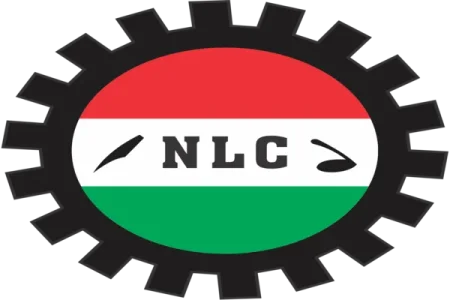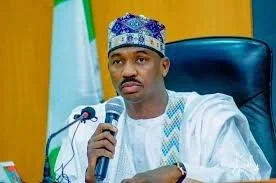
The Nigeria Labour Congress warns that implementing the new N70,000 minimum wage could face delays due to necessary adjustments, despite optimism for a rollout by the end of the month. Only seven of 36 states have set up implementation committees amid ongoing labor negotiations with the government.
The implementation of Nigeria's new minimum wage may face delays, according to the Nigeria Labour Congress (NLC), despite hopes for its rollout by the end of the month. Signed into law by President Bola Tinubu on July 29, the minimum wage is set at N70,000 ($45) for workers nationwide, following extensive negotiations between labor unions and the government.
While seven out of Nigeria's 36 states, including Kano and Ogun, have established committees for implementation, the NLC emphasizes that necessary adjustments must be made before the wage can take effect. The Deputy President of the NLC Political Commission, Prof. Theophilus Ndubuaku, indicated that the process involves "consequential adjustments" to ensure proper implementation from level one to level 16, which could prolong the timeline.
The urgency of the situation stems from previous tensions, including a one-day strike in June that resulted in significant economic disruption, costing the country approximately N148.8 billion. This backdrop underscores the importance of transparency and collaboration between labor leaders and state authorities as they work toward implementing the new wage.
As the NLC calls for clarity on the process, the expectation is that the necessary adjustments will be completed soon, ideally before the month's end, allowing workers to benefit from the new wage structure and easing tensions surrounding labor rights in Nigeria.




